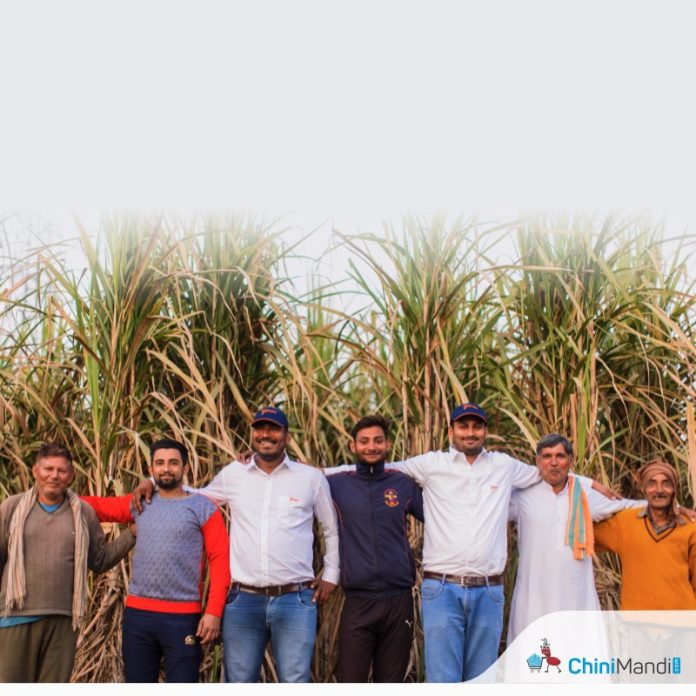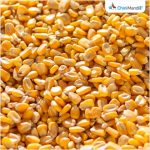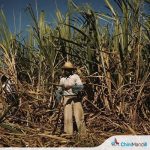India, as the world’s largest sugarcane producer, plays a pivotal role in the country’s economy, providing a livelihood for millions of farmers. Over time, the sugarcane industry has evolved beyond meeting domestic consumption needs to address the nation’s growing energy demands, notably through ethanol and co-generation. However, the industry faces challenges due to changing weather patterns, crop infestations, and uncertain production outputs. To address these challenges, there is a pressing need to transition towards high-yielding seed varieties that increase sugarcane production and exhibit resilience to crop infestations.
Estimates indicate that by 2030, India will require nearly 33 million tonnes of white sugar, and the production of ethanol for partial replacement of fossil fuels will further drive the demand for sugarcane. With an average sugar recovery rate of 10.75%, meeting this demand would necessitate the production of about 520 million tonnes of sugarcane. To achieve this, sugarcane productivity must increase to 100 to 110 tonnes per hectare, even as the cultivated area stabilises around 5 million hectares.
Government’s Push towards R&D
The Government of India has been constantly supporting the R&D towards new seed varieties. With its robust R&D network dedicated to sugarcane, India encompasses national institutions like the ICAR-Indian Institute of Sugarcane Research and the ICAR-Sugarcane Breeding Institute, along with state-funded research centres, private research institutes, and sugar mills. State Agricultural Universities and the All-India Coordinated Research Project (AICRP) on Sugarcane play pivotal roles in coordinating research efforts across the country. With 22 regular and 15 voluntary centres, AICRP fosters collaboration among various stakeholders to address regional and national challenges in sugarcane cultivation. This extensive R&D network not only bolsters India’s capacity for sugarcane improvement and management but also serves international stakeholders. Moreover, institutions like the National Sugar Institute (NSI) and the Vasantdada Sugar Institute (VSI) provide high-quality technical education and support human resource development in sugar processing, alcohol technology, and diversification initiatives.
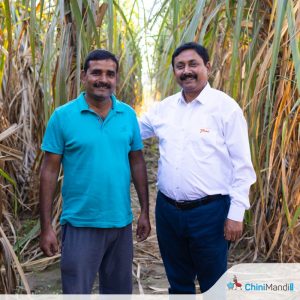
Need for new varieties of Sugarcane
In the past decade, Co 0238 (Karan 4) has emerged as the most favoured sugarcane variety nationwide. Known for its high yield and sugar content, it stems from the cross Co LK 8102 x Co 775 and was developed in 2009 specifically for commercial cultivation in the North-West Zone (NWZ), covering states like Haryana, Punjab, Western and Central Uttar Pradesh, Uttarakhand, and Rajasthan. However, recent years have seen a decline in its popularity due to susceptibility to diseases like Red Rot, leading to reduced production.
In response, the Government is advocating for new varieties to address these challenges.
· Co 15023 which is a high sugar and high yielding early maturing variety.
· Co 118 is an early maturing high sugar variety being widely propagated.
· Co 98014 is also an early maturing variety which is being propagated in semi lowland areas. The variety is tolerant to drought.
· Another early variety CoLk 14201 which can survive waterlogging is being propagated and advocated for lowland areas, which witness prolonged water logging during monsoons.
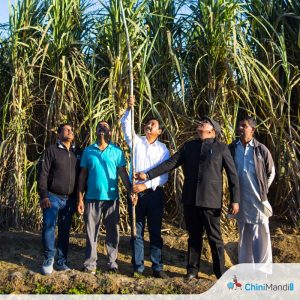
Challenges in adoption of new varieties
The adoption of new sugarcane varieties in India has been hindered by a multitude of challenges despite the Government’s persistent efforts. These obstacles include the absence of adequate training facilities for farmers on recommended agricultural practices, the scarcity and high cost of sugarcane setts for seed, and the labour-intensive nature of various cultivation tasks.
Furthermore, the high costs of fertilisers, weedicides, and pesticides, impose significant financial burdens on farmers. Escalating labour charges, coupled with labour shortages, exacerbate cultivation challenges, while farmers’ dissatisfaction with prevailing market prices adds to their woes. Inadequate transportation facilities during the selling period further hinder the efficient sale of crops, while continual shortages and inflated prices of sugarcane seed and periodic fertiliser shortages during peak demand periods disrupt cultivation schedules and impact yields.
Addressing these complex challenges is imperative for promoting the adoption of new sugarcane varieties and enhancing the overall sustainability and profitability of the sugarcane sector.
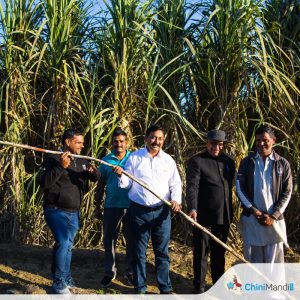
Triveni enabling farmers to adopt new varieties
Triveni Engineering & Industries Ltd. (TEIL) has undertaken a proactive approach towards enhancing sugarcane cultivation by enabling farmers to adopt new varieties. Through its Sugarcane Development Programme, TEIL has engaged with over 3 lakh farmers, focusing on maximising sugarcane yield and crush while also prioritising socio-economic empowerment initiatives. The Company has emphasised knowledge-sharing, technology support, training modules, livelihood enhancement, and soil health programmes to uplift the lives of its farmer associates.
One significant aspect of TEIL’s efforts is its commitment to providing farmers with access to high-quality sugarcane seeds and agri inputs at subsidised rates. Recognizing the importance of diversifying away from the widely cultivated but disease-susceptible Co 0238 variety, TEIL has actively propagated new high-sugar, high-yielding sugarcane varieties such as Co 118 and Co 15023, alongside other existing varieties like Co 98014 and Co J88. By identifying different sets of varieties tailored to specific climatic and topographical challenges in various regions, TEIL ensures resilience and productivity across its sugar units.
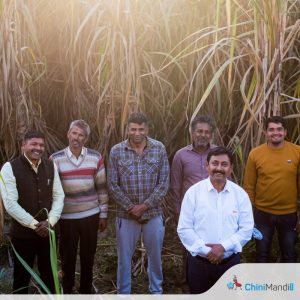
Collaborating with esteemed institutions like the Sugarcane Breeding Institute in Coimbatore, TEIL conducts varietal evaluation and selection trials, further enhancing its portfolio of sugarcane varieties. Moreover, TEIL incentivizes the availability of fungicides and pesticides for seed and soil treatment, supporting farmers in pest and disease management.
TEIL’s commitment to disseminating knowledge on modern cropping methods is evident through its structured extension programme, utilising both digital and conventional tools. By educating and motivating farmers to adopt scientific and innovative techniques, TEIL facilitates the overall growth and prosperity of its farmer community. Through its holistic approach, TEIL stands as a catalyst for enabling farmers to embrace new sugarcane varieties, driving sustainable agricultural practices and fostering rural development.

In conclusion, the imperative for new high-yielding varieties of sugarcane in India cannot be overstated. By prioritising research, fostering collaboration, and implementing supportive policies, stakeholders can catalyse a transformational shift in the productivity and resilience of the sugarcane sector. With concerted efforts and collective action, India can harness the power of innovation to secure a prosperous future for its sugarcane farmers and bolster the nation’s agricultural resilience.

